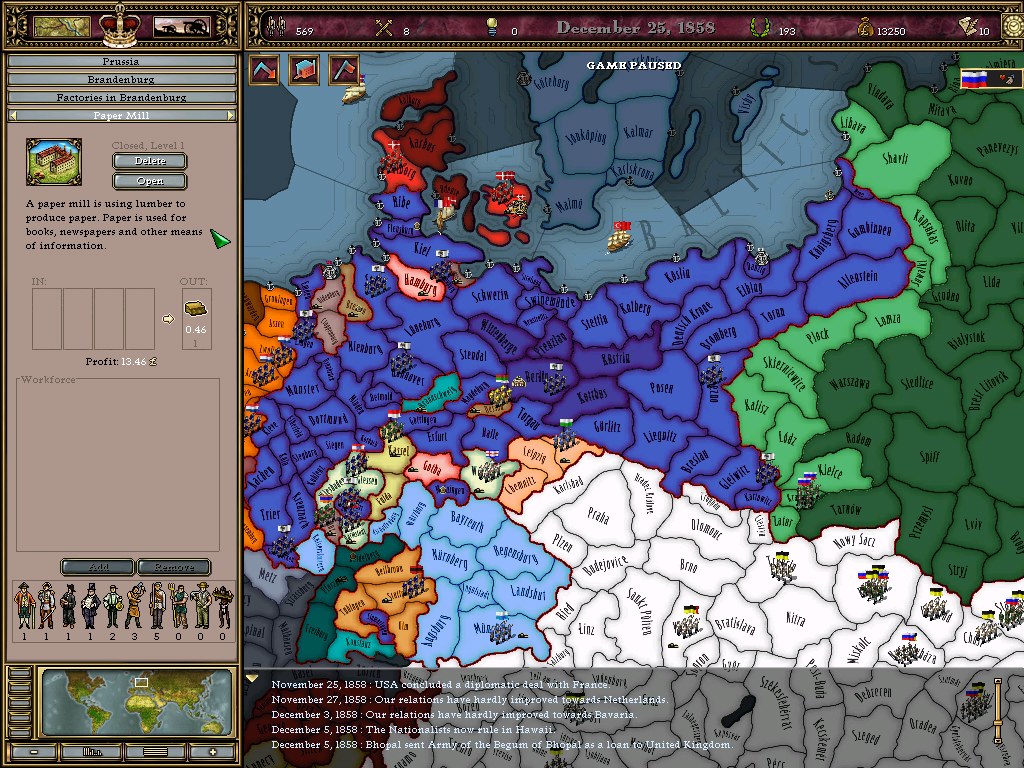

"To move fast later, we must move fast now," UNICEF Executive Director Henrietta Fore said in a statement. Purchasing the syringes now will help reduce the pressure on the market, the organization said, and will ensure timely availability once a vaccine is rolled out. It also will map out global distribution and storage plans for a future COVID-19 vaccine. The United Nations agency said Monday it plans to stockpile 520 million syringes by the end of 2020. UNICEF, the largest single buyer of vaccines in the world, wants to hit the ground running as soon as a COVID-19 vaccine is ready. This warehouse in Copenhagen, Denmark, is part of the agency's infrastructure to deliver medical supplies around the world. That audit found the department was “largely effective in managing the risks related to the rapid preparation for and delivery of Covid-19 economic response measures”.UNICEF said Monday it plans to stockpile 520 million syringes in its warehouses in preparation for an eventual COVID-19 vaccine. In a second audit released on Thursday, the auditor general also assessed the response of Services Australia to the pandemic. “This is not the case for many other countries in the world.” “Australia has not, during this pandemic, been in a position where clinically recommended PPE has not been able to be supplied to a health worker,” the department said. The department said it had released from the stockpile more than 78m masks, 43m of which went to the states and territories and 19m to aged care, and millions of gloves and goggles. In its response to the audit, the department said the pandemic was a once-in-a-century event that had “put incredible pressure on Australia’s health system, especially its health professionals”. The department agreed with all recommendations. The government was also urged to develop a mechanism for sharing stockpile information between jurisdictions that would allow the “sharing of information between jurisdictions about stockpile inventories that will function in both business as usual and emergency conditions”. It made four recommendations to the Department of Health, which were aimed at improving planning by basing procurement on “key strategic risks” and improving collaboration with states and territories. The audit also warned of a lack of protocols for emergency procurements. It found stockpile information was “not adequately shared” and that agreements with the states about stockpiling responsibilities were “not documented”. The audit also warned of poor information sharing with the states and territories, which hold their own stockpiles. “There is no evidence that the risk of a pandemic from a pathogen such as coronavirus informed NMS procurement priorities.”

“Threat assessments to inform NMS procurement planning in the two years leading to the Covid-19 pandemic were primarily focused on threats,” the audit found. It found that, in planning the stockpile in recent years, the government had not considered the risk of a pandemic or its “implications for stockpiling PPE”. The audit found the government’s procurement of medical supplies during the pandemic was largely satisfactory, either meeting or exceeding the procurement requirements.īut it also warned of several shortcomings in the government’s approach. The department entered into 54 contracts for PPE, medical equipment and test kits, and about 1.3bn items of PPE were procured.

Since the beginning of the crisis, about $3.23bn was given to health to procure PPE and medical equipment. The audit found that before the pandemic, the stockpile was worth about $123m. The auditor general on Thursday released a report examining the management of the national medical stockpile, both in the years before the pandemic and during the crisis, when the government made mass purchases to bolster supplies of PPE, ventilators and testing equipment.


 0 kommentar(er)
0 kommentar(er)
